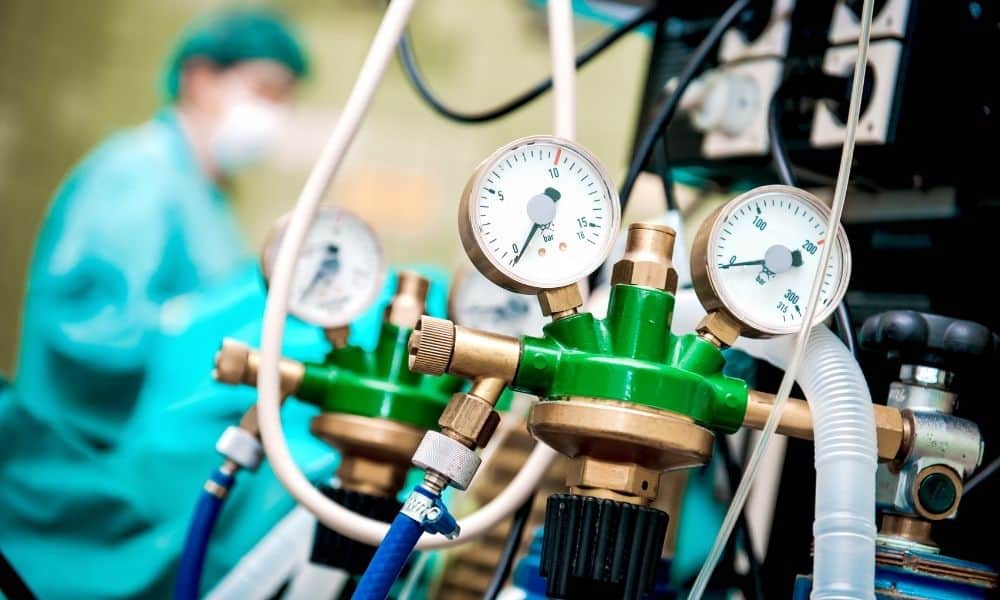Medical instruments and equipment are vital to multiple facets of the healthcare industry. Medical staffs rely on these devices’ accuracy, as do patients, as the readings provided by medical instruments are vital to getting a correct diagnosis. A medical instrument’s accuracy is dependent on calibration. Calibration is the act of adjusting an instrument to ensure it will provide accurate measurements and readings. Uncalibrated instruments can impact the medical industry in many ways. Learn more here, as we look further at the importance of Calibrating medical instruments.
Ensuring Acceptable Patient Care
One of the major reasons that all medical instruments must be properly calibrated is to ensure proper care and safety for the patient. Professionals rely upon many medical instruments and devices to determine a patient’s vitals, their symptoms of illness, and what courses of treatment they might need to take. Inaccurate measurements could lead to major misdiagnoses, ineffective treatment, and incorrect prescriptions, causing potential harm or death. Therefore, the readings of these instruments need to be highly accurate so professionals can be sure they are providing a correct diagnosis and can determine the best course for treatment.
Regular Calibration Corrects Inaccuracies
Over long periods of use, medical instruments will wear down, which will cause them to provide less accurate data. While this is normal, it is further proof of the importance of calibrating medical instruments. Instruments can also suffer from environmental changes and manufacturing defects. However, calibration will help readjust the instrument, so it reads in the acceptable ranges of data. Medical devices that aren’t properly calibrated can easily skew data results, creating invalid information. This is incredibly important for lab testing, as well. Doctors will generally start the process of diagnosing a patient by sending samples to a medical lab, so accurate initial readings are crucial.
Prevents Breakdowns in Product Quality
Any company that manufactures medical instruments and equipment also knows the importance of calibration. Any instruments they make of this nature need to be calibrated to ensure they produce a quality product. Preventative inspection, maintenance, and calibration of their own manufacturing and testing equipment need to occur frequently. For instance, if they manufacture equipment for blood gas analysis, they need to use calibration gases to test the reading accuracy. Any equipment that goes out unchecked is at risk of damaging a manufacturer’s reputation.








